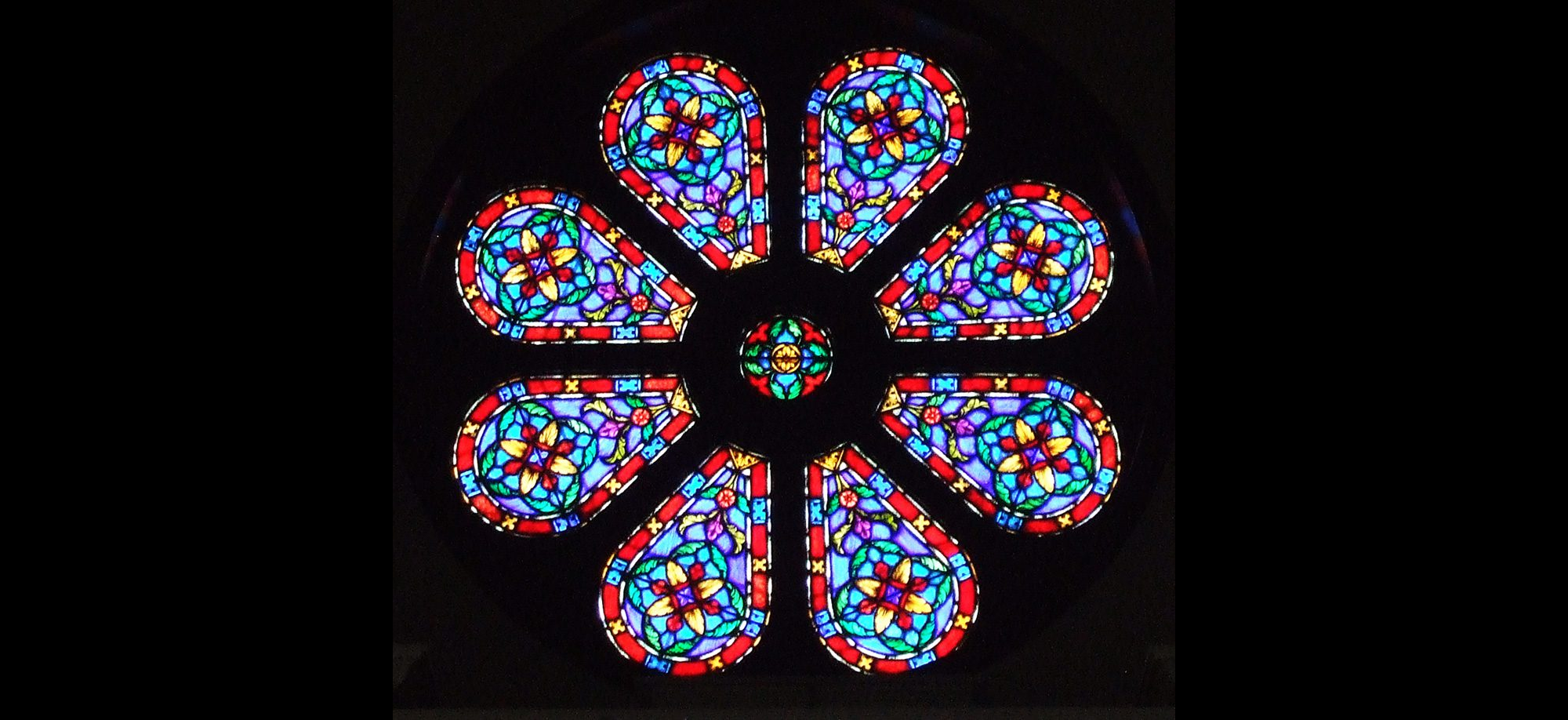“Better to illuminate than merely to shine, to deliver to others contemplated truths than merely to contemplate.”
Saint Thomas Aquinas
Is O.C.I.A. like taking a class or course?
It is and it isn’t! Most importantly, O.C.I.A. is a journey which helps a person figure out what God is saying to him or her at this point in life. The emphasis is on personal reflection, prayer, and service to the less fortunate. There are also formal presentations on subjects such as God, Jesus, the Sacraments, and the Scriptures. There are no quizzes or exams.
What if I decide I’m not ready?
Sometimes people begin the O.C.I.A. journey and, after several sessions, realize they are not ready to be received into the Church. There is no pressure to complete the process, and the door always remains open for them to return to the journey.
O.C.I.A. is for three groups of people:
- Those who have never been baptized in any faith,
- People who were baptized in another Christian faith, and
- Baptized Catholics who have never received the Sacraments of Confirmation and Eucharist.
O.C.I.A. Steps:
- The Pre-catechumenate, or period of inquiry, welcomes newcomers to ask questions and share their stories as they begin to learn more about the Church.
- The Catechumenate is a time of serious and dedicated formation, often in a group setting with other newcomers to the Catholic Faith.
- The Period of Purification and Enlightenment, which coincides with Lent, is a period of continued instruction coupled with more intensive preparation and prayer. This period culminates with the Sacraments of initiation (baptism, confirmation, holy Eucharist), bringing the candidates and catechumens into the full communion of the Catholic Church, usually at Easter Vigil. (A candidate is a baptized Christian; a catechumen is an unbaptized candidate.)
- Mystagogy is the time after the newly initiated have been fully received into the Church.
- All of these stages are marked by distinct liturgical rites.

